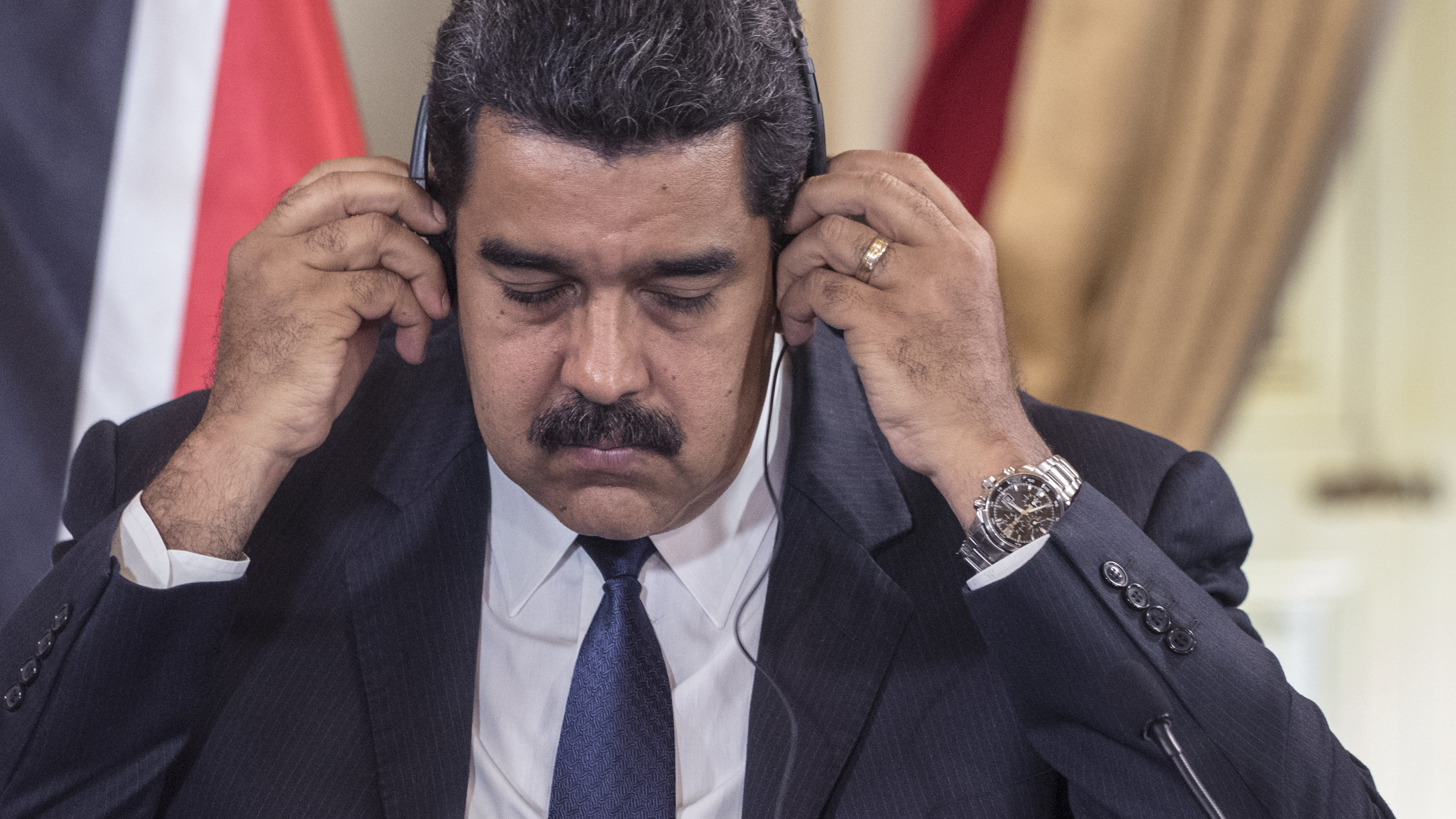Four States That Have Stayed Quiet Over Bolton’s ICC Speech
I argued Tuesday that, while John Bolton’s speech on the International Criminal Court (ICC) was designed to be maximally offensive to the court and its supporters, the actual policy steps he suggested to counter the court were largely hollow. I also suggested that Bolton’s speech might actually bolster the court’s sagging legitimacy.
I argued Tuesday that, while John Bolton’s speech on the International Criminal Court (ICC) was designed to be maximally offensive to the court and its supporters, the actual policy steps he suggested to counter the court were largely hollow. I also suggested that Bolton’s speech might actually bolster the court’s sagging legitimacy. And in the hours since the speech, a series of statements emerged from states reiterating their support for the ICC—unsurprisingly, mostly from within Europe.
But there are four states that we have not heard from, and their reactions will be quite important for the looming Afghanistan investigation that was the focus of Bolton’s ire. Those states are Poland, Lithuania and Romania—all three of which have been specifically named by the ICC prosecutor in her latest update on the investigation—and, of course, Afghanistan itself. The cooperation of these governments will be important—perhaps decisive—if the prosecutor is going to meaningfully investigate allegations of U.S. torture at locations in Afghanistan and at European “black sites.”
Bolton’s speech, and the threats of retaliation against states that cooperate, will therefore have a particular salience for these countries. As ICC members, they have a legal obligation to cooperate with the court, but they are likely to be eager to avoid antagonizing the United States. The rightward, authoritarian and anti-EU political currents in Eastern Europe could also be important as Poland, Lithuania and Romania assess how to navigate these difficult legal and diplomatic waters. European states have usually been the ICC’s most enthusiastic advocates, but that could change as politics in the region do.
The Afghan government is in an even more treacherous position. It still relies heavily on U.S. troops and technology, security support, and economic assistance. There has been little apparent enthusiasm in the Afghan government for an ICC investigation, which would also examine alleged government crimes. At the same time, the government has shown no sign that it is inclined to leave the Rome Statute or to openly reject the ICC.
But Kabul’s dilemma is also a dilemma for Washington. If Afghanistan does cooperate with the court, would the United States, which has been spending blood and treasure to strengthen the central government, really make it pay the price?


-2.jpg?sfvrsn=f979c73d_6)

